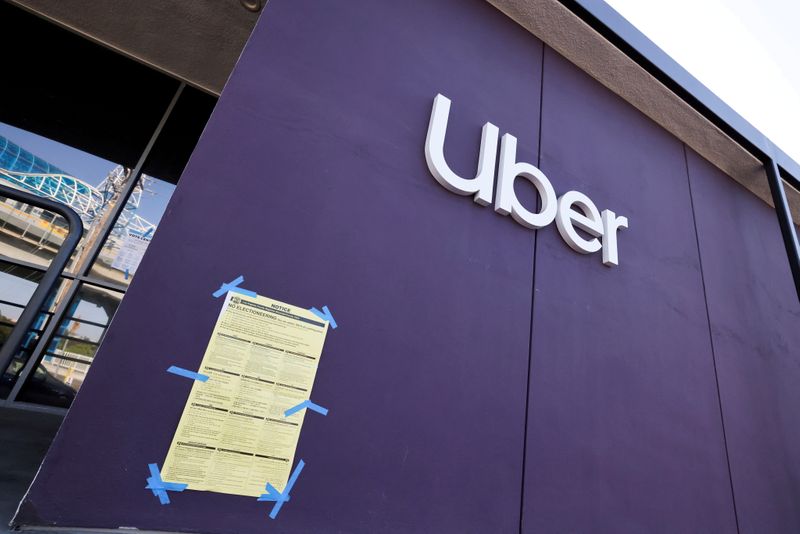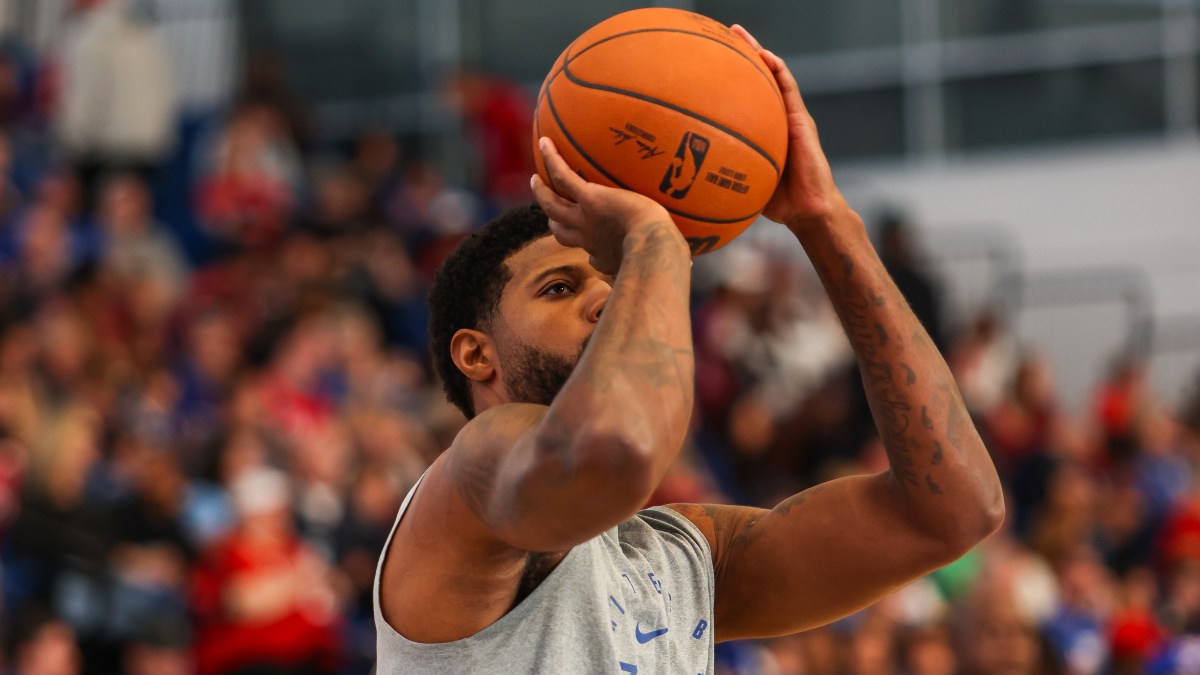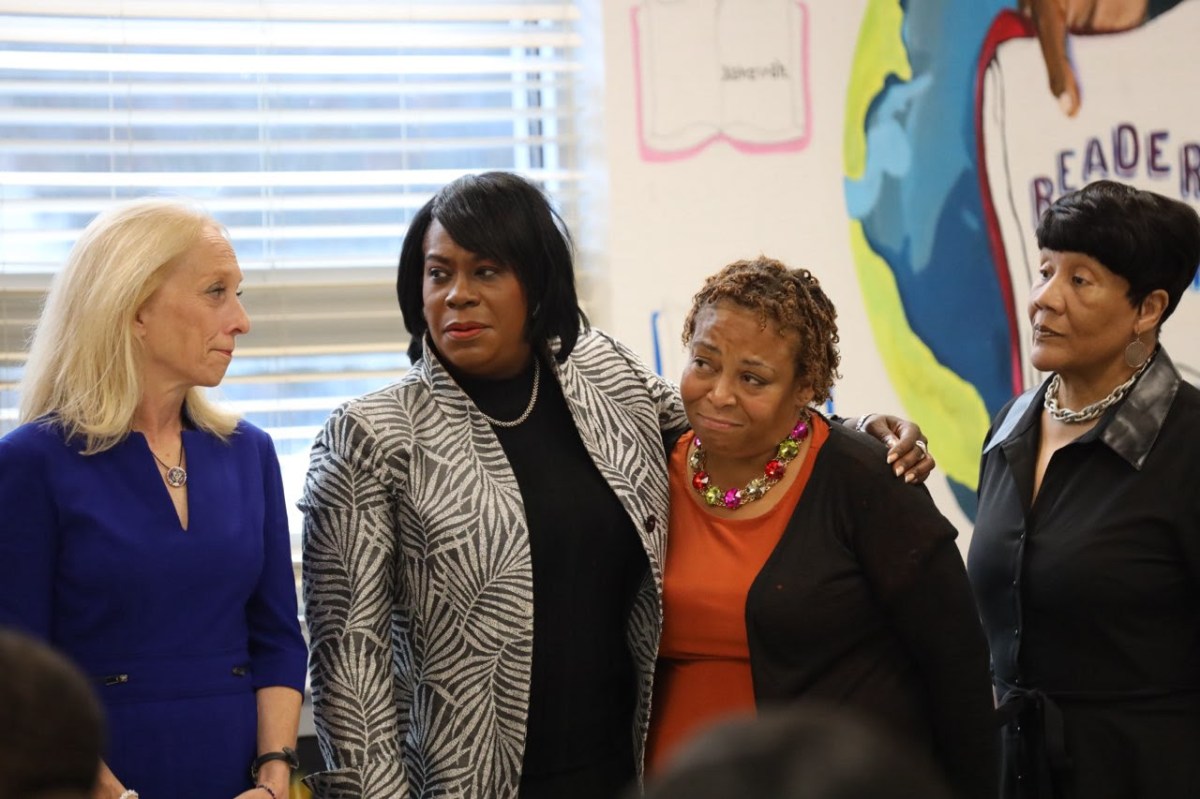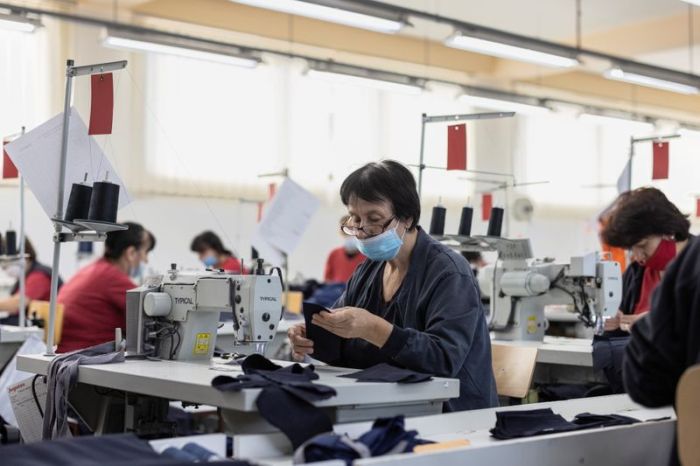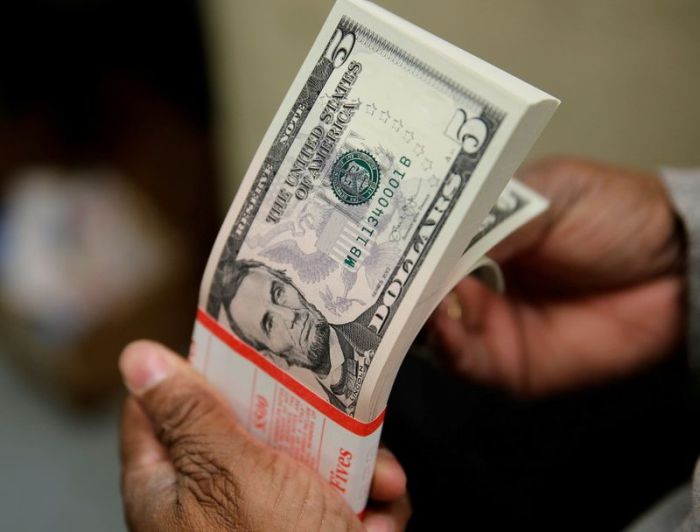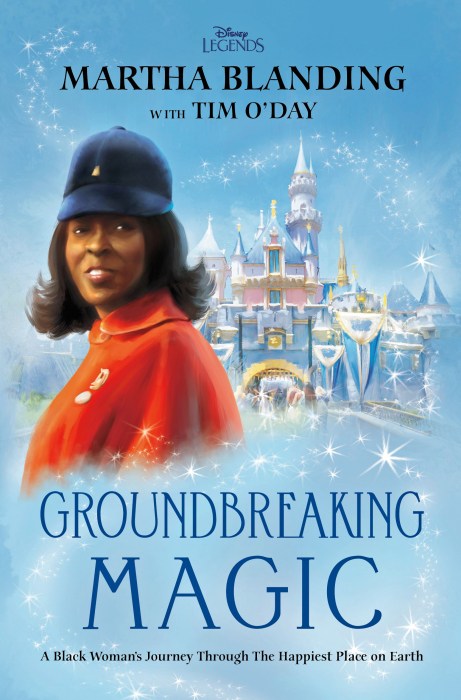WASHINGTON (Reuters) – The U.S. Justice Department on Wednesday sued Uber Technologies Inc over allegations of overcharging disabled passengers, and asked a federal court to order compliance with an anti-discrimination law.
The lawsuit, filed in the U.S. District Court in San Francisco, targets an April 2016 Uber policy of charging passengers “wait time” fees, a practice the ride-sharing service started in several cities and eventually expanded nationwide.
It alleges that the policy violates the Americans with Disabilities Act, saying blind people or users of wheelchairs or walkers need more than two minutes to get into an Uber car.
“People with disabilities deserve equal access to all areas of community life, including the private transportation services provided by companies like Uber,” said Assistant Attorney General Kristen Clarke for the Justice Department’s Civil Rights Division in a statement.
The department is asking the court to order Uber to modify its wait time fee policy and pay monetary damages for any illegal fees charged.
In a statement, Uber called the lawsuit “surprising and disappointing,” citing active discussions with the department on how to address its concerns about the policy.
“Wait time fees are charged to all riders to compensate drivers after two minutes of waiting, but were never intended for riders who are ready at their designated pickup location, but need more time to get into the car,” the company said.
Uber said its policy has been to refund wait time fees for disabled riders “whenever they alerted us that they were charged.”
Last week, it said it updated the policy so that “any rider who certifies they are disabled will have fees automatically waived.”
(Reporting by Susan Heavey and Sarah N. Lynch; Additional reporting by David Shephardson; Editing by Doina Chiacu, Jan Harvey and Richard Chang)


